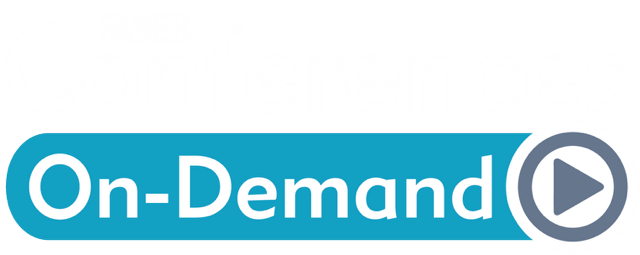All transcripts were created with artificial intelligence software and modified with manual review by a third party. Although we make every effort to ensure accuracy with the manual review, some may contain computer-generated mistranslations resulting in inaccurate or nonsensical word combinations, or unintentional language. FASEB and the presenting speakers did not review the transcripts and are not responsible and will not be held liable for damages, financial or otherwise, that occur as a result of transcript inaccuracies.
Understanding and Targeting Transcription Dynamics in Normal and Malignant Hematopoiesis
Ulrich Steidl11Albert Einstein College of Medicine – Montefiore Medical Center
Recent work has indicated that considerable subclonal complexity of a diverse pool of stem cells is central to pathogenesis, progression, and therapeutic response of a number of hematological conditions and disorders including CH, MDS, and AML. While substantial efforts have shed light on genetic/mutational heterogeneity and evolution, understanding non-genetic mechanisms of underlying stem cell diversity, dynamics, and selection processes is a key scientific challenge with considerable translational implications. Recent work from our laboratory has shown that dysregulated transcription is a hallmark of premalignant stem cells, and revealed an important role of transcriptional noise and plasticity in hematopoietic stem cells. Furthermore, we have developed novel methodologies for direct pharmacological targeting of transcription factor(TF)-chromatin interactions which we are refering to as "pharmacological TF redistribution". This new strategy permits the interrogation of fast transcription factor binding dynamics in a native cell state at thus far unprecedented resolution, and has significant therapeutic potential. A better understanding of transcription dynamics as a key non-genetic mechanisms that regulates stem cell sub-clonal diversity and selection in normal and malignant hematopoiesis will provide the basis for the development of fundamentally novel approaches for therapeutic targeting and prevention.
Speakers
Ulrich Steidl
